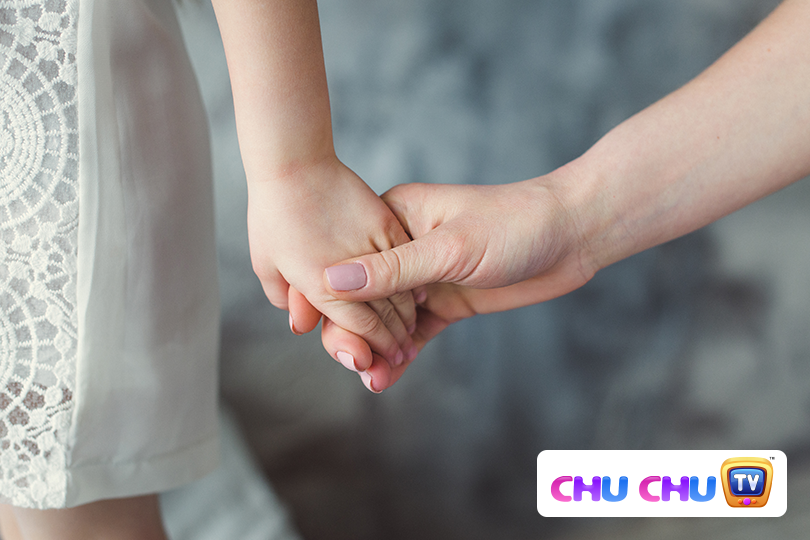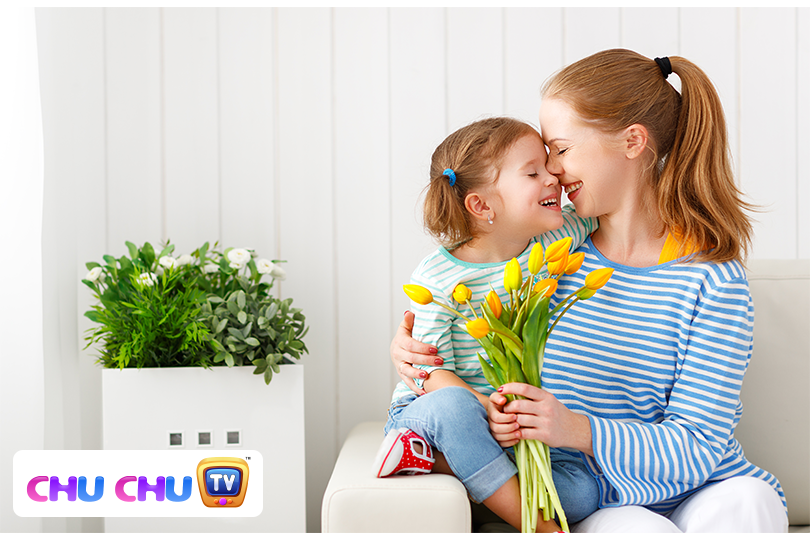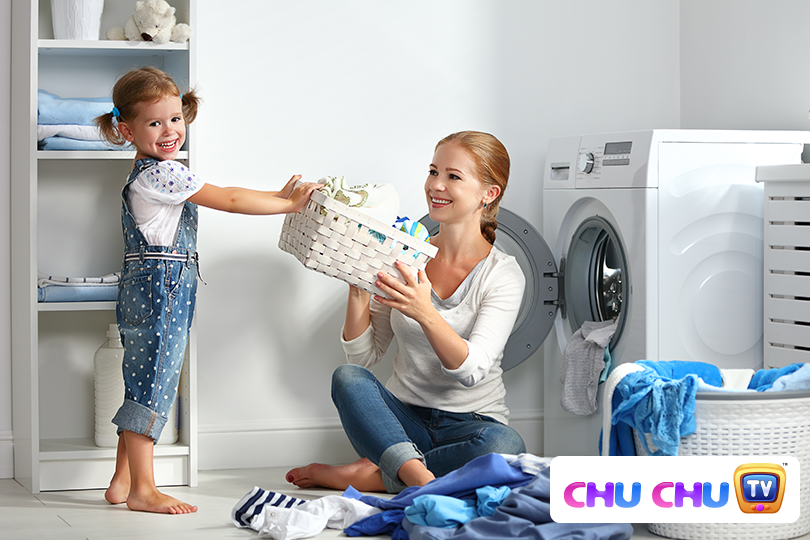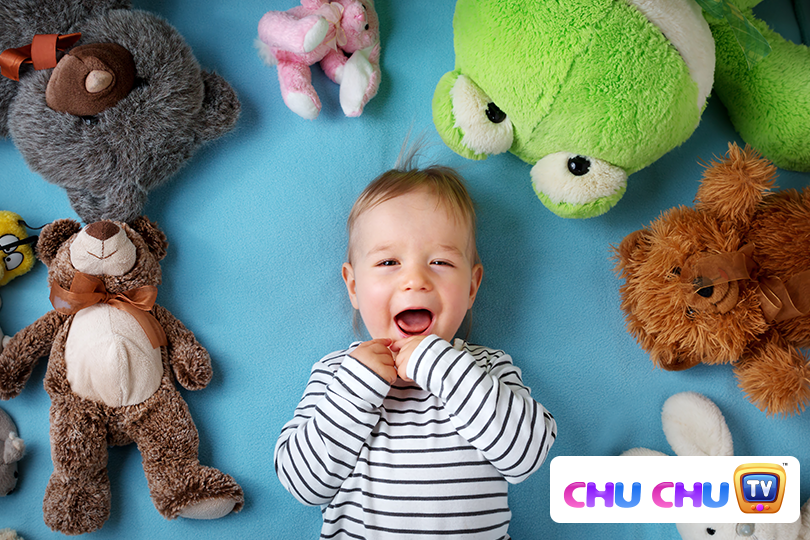Your first-born may be your most precious gift, but when the second baby comes along, the relationship equations at home are bound to witness some changes. It’s true that a mother’s love for her children is boundless, but it’s natural that your second baby will require more care and attention. You may not differentiate between your first-born and their new sibling, but your first-born may develop perceptions that you have stopped loving and caring for them. If you have not prepared your first-born for their new sibling, they might get jealous or even angry. Such emotions can manifest deep in the psyche and have long term implications. Not every first-born will react negatively to their new sibling, but it’s quite common to see such behavior. To prevent such negativities, you need to properly prepare your first-born for a new sibling. Here’s how you can achieve that goal.
1. Share the news:
After your pregnancy has been confirmed, you can share the news with your first-born. There’s no need to go into details; just let them know they will soon have a new brother or sister. Get them excited about it, so that they can look forward to it as something positive.
2. Let them hear the baby’s heartbeat:
When the baby is still inside the womb, let your first-born put their ears to your stomach and hear the baby’s heartbeat. This would help them connect with the baby and develop the right frame of mind. They would begin to understand that the baby is part of the family and needs utmost love and care.
3. Ask for inputs and suggestions:
Start engaging your first-born by posing interesting questions to them about the baby. For example, you can ask them to choose a name for the baby. Or you can ask them to predict whether the baby will be a girl or a boy. You can ask several other questions to your first-born, so that they feel involved in the new developments taking place in the family.
4. Answer all their queries:
After you share the news of a new sibling with your first-born, they are likely to have a lot of questions in their mind. Encourage them to ask whatever questions they may have and try to answer them in a way that they can easily understand. This will satisfy their curiosity and eliminate any doubts and fears that they may have.
5. Take a pledge together:
Explain it to your first-born that the new baby will need lots of love and care. Next, you two can together take a pledge to provide all the love and care that the new baby will need. When you two take the pledge together, it would help your first-born develop a sense of responsibility. It will sow the seeds in their mind that they will soon be taking up the role of a caregiver.
6. Show them their baby photos/videos:
To make your first-born aware of what their new sibling may look like, you can show them photos or videos of theirs when they were a baby. It will help them understand that they have already lived through the baby stage and their new sibling will be undergoing the same process.
7. Let your first-born spend time with other babies:
If you have friends or relatives with newborns, you can visit their place or invite them to your house. Your first-born will be able to gain practical experience on what babies are all about and how they need to be loved and cared.
8. Give them a gift:
When your first-born meets their new sibling for the first time, give them a nice gift and tell them that the new baby has given it to them. Your first-born will be delighted to have the gift and it will begin their bonding on the right note.
9. Allocate special time for your first-born:
Newborn babies need a lot of care and attention, but they also tend to sleep a lot. When your newborn baby is sleeping, you can use the time to engage your first-born. You can read a book for them, watch some stuff on the screen with them, or play some games.
10. Ask them to assist you:
If your first-born is 5+ years, you can ask them to assist you in taking care of the baby. It could be small things such as holding the milk bottle for a while, playing with the baby, entertaining the baby with a toy, etc. This would help build the right rapport between the two.
11. Don’t take away their belongings:
Children are possessive about their things, so make sure that you do not take away any of their belongings when the new baby arrives. If you take away their stuff, for example, a crib, toys, etc., your first-born might start blaming it on their new sibling. Your first-born’s life should continue in the same way as earlier.
12. Point out the similarities:
You can tell your first-born that the new baby looks so much like them. You can say that they have the same eyes, chin, ears, gaze, etc. You can also say that the new baby’s behavior and gestures match their own. These suggestions will help your first-born develop positive feelings about their new sibling.
Your first-born is just beginning to understand their world, and the addition of a new member in the family can be an altogether new experience for them. They might face several new questions and may also get confused about everything that is happening around them. Your first-born will need guidance to deal with the changes that come with their new sibling. The type of guidance will depend on the age of your first-born. For example, how you prepare a 2 year old is likely to be different from a first-born who is 5-8 years old. The approach you use to prepare your first-born for their new sibling should be easily understandable. Kids learn better with examples, so try to use that approach. Babies are naturally gifted with a positive aura, so you would not face too many problems with making your first-born understand. With the right preparation, your first-born will soon start treating the baby as one of their own and loving them in the same way as you do.






















Leave a Comment